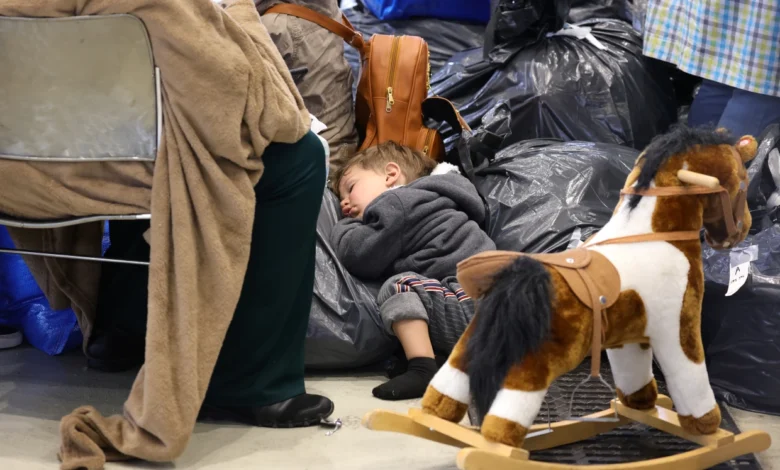
By Courtney Kube, Julia Ainsley, Abigail Williams and Dan De Luce | NBC NEWS
Reunions may be a long time coming. Just one evacuee flight leaves Kabul weekly, and some nations where Afghans wait while applying to come to the U.S. have stopped taking refugees.
More than 230 Afghan children are alone in the U.S. while their parents or caregivers remain in Afghanistan, according to new figures from the federal Office of Refugee Resettlement obtained by NBC News, and as it gets harder to evacuate anyone from Afghanistan, there is little hope of speedy reunions.
Just one flight with evacuees leaves Kabul each week, and some countries where Afghans wait while applying to come to the U.S. have stopped accepting refugees.
As of Aug. 30, the Office of Refugee Resettlement, or ORR, had 104 children in its care, while 130 were in the custody of state governments or non-governmental organizations. Of the 104 still in federal care, 42 are in foster care, according to ORR data.
During the chaotic evacuation of Americans and Afghans who had helped the U.S. in August 2021, many Afghan families made the hard decision to separate to get as many family members as possible to safety. More than 1,500 children came to the U.S. unaccompanied, and ORR has placed more than 1,400 with family members or other adults.
The goal remains to reunify all Afghan children with their parents or relatives in the U.S., a spokesperson said, although many do not yet have family outside Afghanistan.
“As soon as a child is identified as being without any trusted adult, we immediately begin working to reunite these children with their families and loved ones as quickly as possible, including by assisting Afghans who have arrived in the United States and have family members overseas come to the United States,” an ORR spokesperson said in a statement.
“These children have experienced far more trauma than any child ever should,” said Krish O’Mara Vignarajah, president and CEO of Lutheran Immigration and Refugee Service. “The urgency of this moment means doing whatever it takes to reunite these vulnerable children with their families. … These children can’t afford to wait decades for the United States to keep its promise to those left behind.




